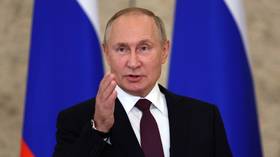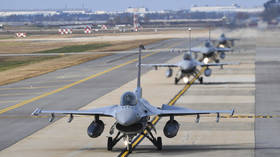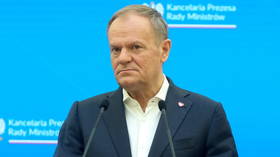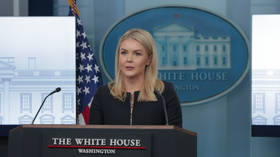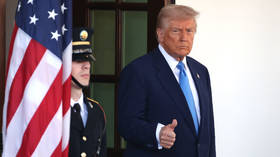IEA warns of ‘first truly global energy crisis’
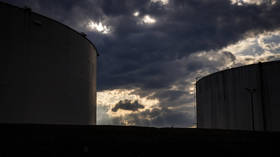
Tightening markets for liquefied natural gas (LNG) and curtailed supply from major oil producers have created “the first truly global energy crisis,” Fatih Birol, the executive director of the International Energy Agency (IEA), has said.
While addressing the Singapore International Energy Week on Tuesday, the IEA chief said that soaring LNG imports by Europe and a potential rebound in Chinese appetite for the fuel will tighten the market. Meanwhile, only 20 billion cubic meters of new LNG capacity will come on the market next year, according to Birol.
He described the recent OPEC+ decision to cut output by 2 million barrels per day (bpd) as “risky,” noting that the IEA sees global oil demand growth of close to 2 million bpd this year. “(It is) especially risky as several economies around the world are on the brink of a recession, if that we are talking about the global recession...I found this decision really unfortunate,” Birol said.
He pointed out that skyrocketing global prices for oil, natural gas, and coal are hammering consumers, who are also dealing with spiraling costs of food and services.
Europe may make it through this winter, though somewhat battered, if the weather remains mild, Birol believes. “Unless we will have an extremely cold and long winter, unless there will be any surprises in terms of what we have seen, for example Nord Stream pipeline explosion, Europe should go through this winter with some economic and social bruises,” he said.
The world will still need Russian oil to meet growing demand, he added, noting that the G7 nations’ price cap scheme still has many details that need to be ironed out and will require the cooperation of major oil-importing nations. Birol believes that “…the world still needs Russian oil to flow into the market for now. An 80%-90% is good and encouraging level in order to meet the demand.”
For more stories on economy & finance visit RT's business section
